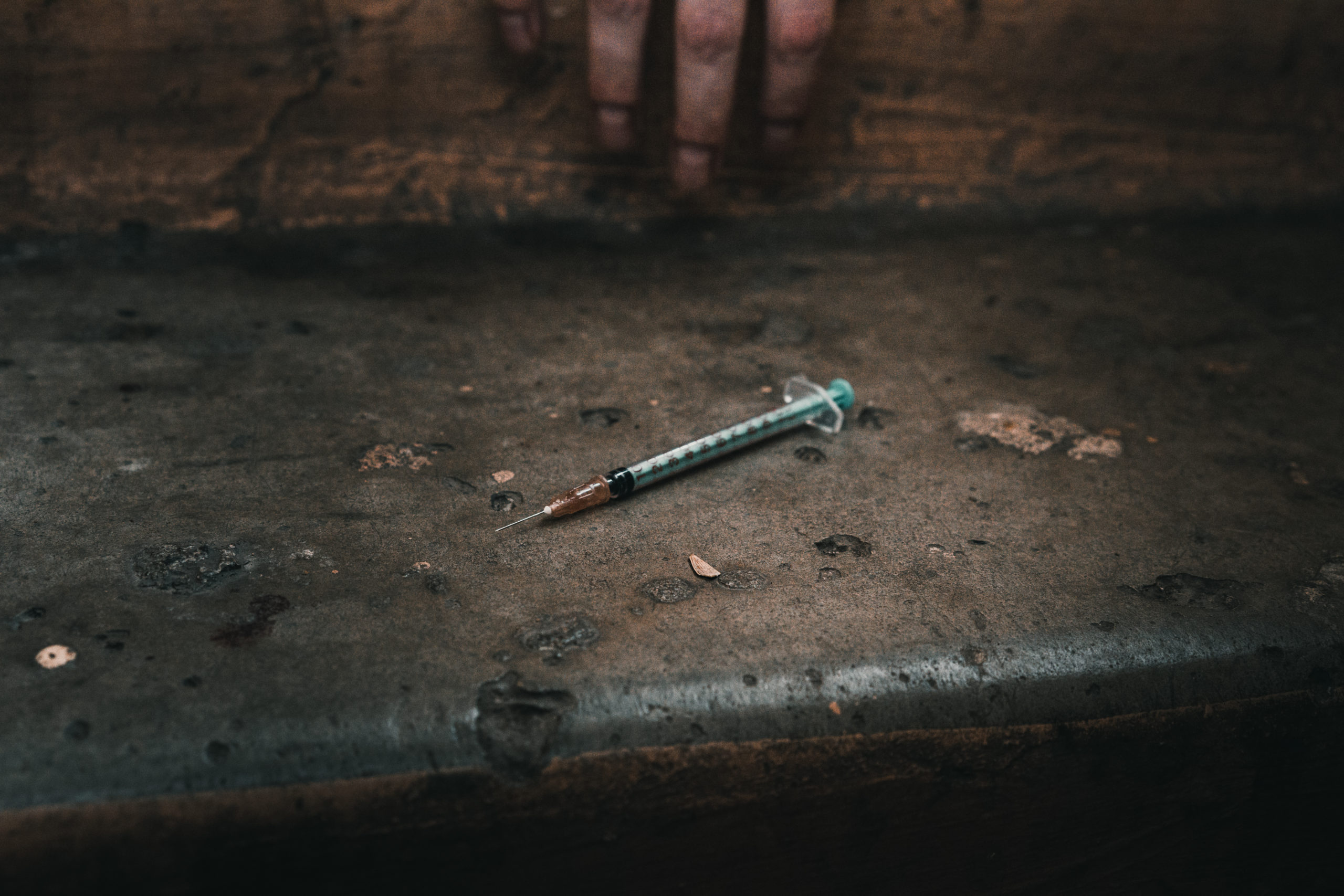Heroin detox is the first, and one of the most difficult steps that an individual should take when they decide to get sober. Withdrawal symptoms from this particular drug are painful, unpleasant, and may drive people to get high simply to avoid feeling sick. Fortunately, there are many FDA approved medications that help reduce withdrawal symptoms during medical detox.
Detox is the natural process the body takes to clear toxins or substances from the body. When it comes to drug dependence, however, detox comes with withdrawal symptoms. Attempting to detox from heroin by yourself is never a good idea. Not only will your withdrawal symptoms be difficult to overcome, but the temptation to get high again might be uncontrollable. As a result, it’s always a good idea to seek help from a medically-supervised detox program. Medical detoxes not only provide comforting medications, but they also offer a supportive environment that is conducive to recovery. Here’s what you can expect during heroin detox.
Checking into Detox
Once you have decided to seek professional help and have chosen the right drug rehab for you, it’s time to check into detox. Upon checking in, you will complete the intake paperwork and undergo a comprehensive medical and mental health exam. A medical professional will obtain a detailed report outlining your medical history, pre-existing conditions, and any medications you take. In addition, an addiction specialist will ask you about your history of drug use, what withdrawal symptoms you are experiencing, and whether or not you have been to detox or treatment before.
This first step is vital as it helps ensure your safety throughout detox. It’s important to be completely honest with your physician about your history and your current health so they can develop a customized heroin detox and treatment plan that meets your specific needs. After intake is complete, you will begin your detox process.
Heroin Withdrawal Symptoms & Timeline
When you check into detox, you may or may not already be experiencing symptoms of heroin withdrawal. Heroin is a short-acting opioid drug, so most people experience the onset of withdrawal symptoms a few hours after taking their last dose. Many people report that heroin withdrawal symptoms mimic those of the flu. The first 24 hours of heroin withdrawal typically consists of mild to moderate symptoms, such as:
- Anxiety
- Restlessness
- Insomnia
- Goosebumps
- Sweating
- Body aches
- Yawning
- Runny nose
Heroin withdrawal symptoms peak after 48-72 hours after a person’s last high. These symptoms are far more severe and uncomfortable. During the moderate to severe withdrawal stage, you may experience any or all of the following symptoms:
- Vomiting
- Shaking
- Fever
- Diarrhea
- Rapid heartbeat
- High blood pressure
- Hallucinations
- Seizures
Depending on your age, medical history, and how long you have abused heroin, withdrawal symptoms may persist for up to 10 days. However, after three days, symptoms usually begin to lessen in severity. Some symptoms may linger for several weeks or more, making it important that you remain connected with your treatment facility throughout early recovery.
Medically-Supervised Heroin Detox
Detoxing from heroin alone is dangerous because complications may arise or the symptoms may be too much to bear. Throughout detox, withdrawal symptoms are best managed by medication-assisted treatment (MAT). These FDA approved medications help reduce withdrawal symptoms, stabilize the brain and body, and ease the psychological cravings that you may experience.
The Substance Abuse and Mental Health Services Administration explains that “MAT is primarily used for the treatment of addiction to opioids such as heroin and prescription pain relievers…the prescribed medication operates to normalize brain chemistry, block the euphoric effects of alcohol and opioids, relieve physiological cravings, and normalize body functions without the negative effects of the abused drug.” Furthermore, the use of MAT drugs in treating withdrawal symptoms and addiction are proven to:
- Reduce overdoses
- Increase treatment retention rates
- Prevent relapse
- Support lasting recovery
Suboxone is one of the most popular opioid treatment programs provided to individuals who are in detox for heroin abuse. The medication uses buprenorphine and naloxone to decrease the severity of withdrawal symptoms and eliminate psychological and physiological cravings for the drug. Suboxone can be taken once a person enters detox and is experiencing moderate to severe withdrawal symptoms. Although Suboxone is commonly used in heroin detox programs, it is also used as a supplemental aspect of comprehensive opioid treatment.
What Happens After Heroin Detox?
After completing heroin detox, it is vital that patients attend a residential heroin rehab program and follow the guidance of their primary clinician. After all, there is no cure for heroin addiction, but you can achieve sobriety by attending counseling, obtaining a support group, and completing treatment. Both residential and outpatient programs utilize MAT, behavioral therapy, and holistic wellness to offer a “whole-patient” approach to treating addiction.
“Ohio Addiction Recovery Center’s highly trained addiction specialists work closely with each client to determine their strengths and weaknesses while formulating a holistic treatment plan tailored to their specific needs as the means to help each individual realize the dream of addiction-free living.”
If you or a loved one is battling heroin addiction and is ready to get sober, contact us today to learn more about our heroin detox and treatment programs.







